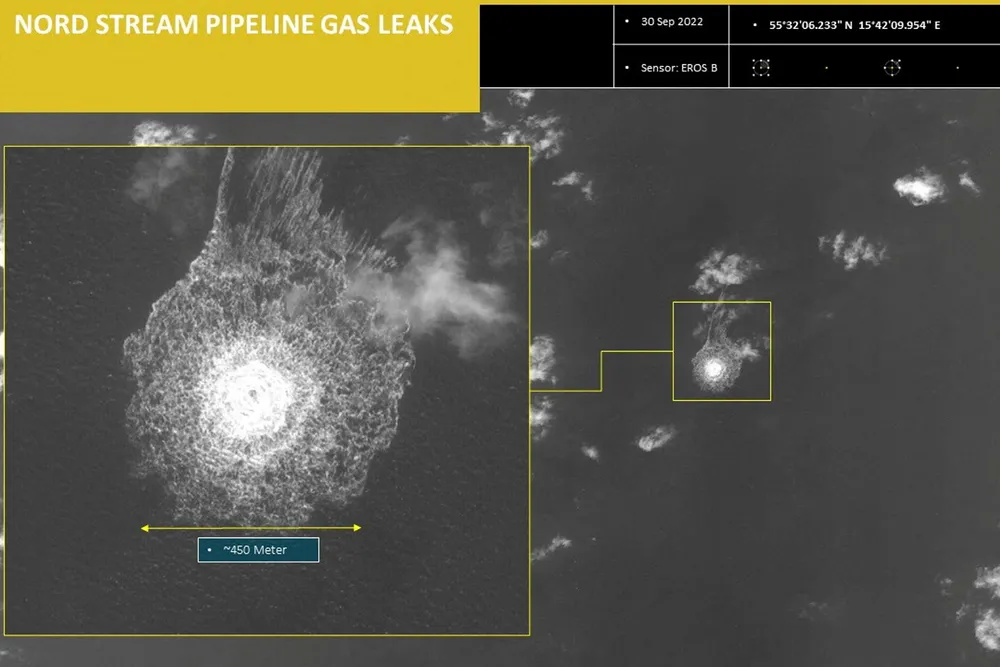Russia starts its own investigation into Nord Stream blasts
Vessel hired by Nord Stream 1 operator arrives at location of first explosion in Swedish maritime zone

Vessel hired by Nord Stream 1 operator arrives at location of first explosion in Swedish maritime zone
